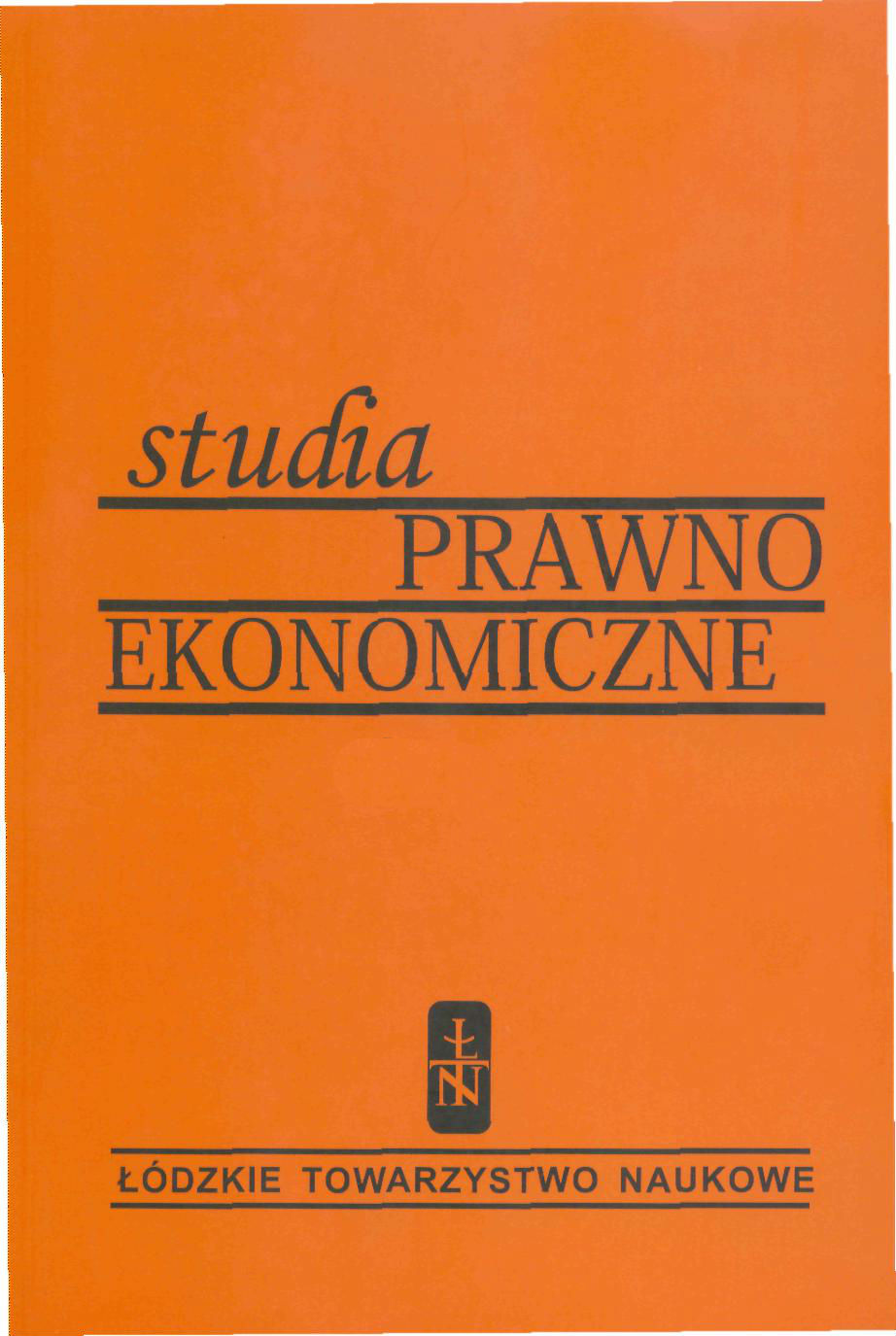Rozszerzająca interpretacja zasady Impossibilium nulla obligatio est (D. 50,17,185) a dogmatyczna niespójność koncepcji odpowiedzialności
The extending interpretation of the rule Impossibilium nulla obligation est (D. 50,17,185) and the luck of doctrinal consistency in the concept
Author(s): Dagmara Skrzywanek-JaworskaSubject(s): Law, Constitution, Jurisprudence
Published by: Łódzkie Towarzystwo Naukowe
Summary/Abstract: This article is directly connected with the issues presented in the article “The historical background for the legal expression of the rule Impossibilium nulla obligatio est (D. 50,17,185) in the German Civil Code”. The mentioned article criticizes, from historical point of view, the enlargement of the application of the Celsus’s rule to the cases of initial subjective and subsequent – both objective and subjective, impossibility of performance. The following article shows some of doctrinal consequences of such an enlargement interpretation. One of them concerns the § 311a (2) BGB, which contains the separate liability regime for the initial impediments of performance. This paragraph entitles the creditor to claim damages in lieu of performance, unless the debtor did know of the impediment when the contract was concluded, and was not responsible for not having known about it. The debtor held liable for the positive interest. This regulations is firstly presented in relation to its doctrinal inconsistency. Afterwards, it is presented in relation to the proposition of the analogy application of § 122 BGB when the debtor is not responsible for not knowing about the impediment, to make him liable at least for the negative interest. Finally this regulation was evaluated in relation to the demand of staying in the line with the Principles of European Contract Law and the UNIDROIT-Principles.
Journal: Studia Prawno-Ekonomiczne
- Issue Year: 2012
- Issue No: 86
- Page Range: 125-156
- Page Count: 32
- Language: Polish

